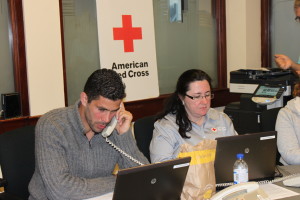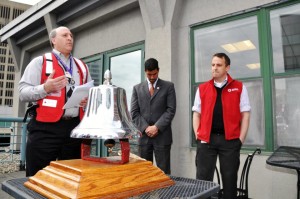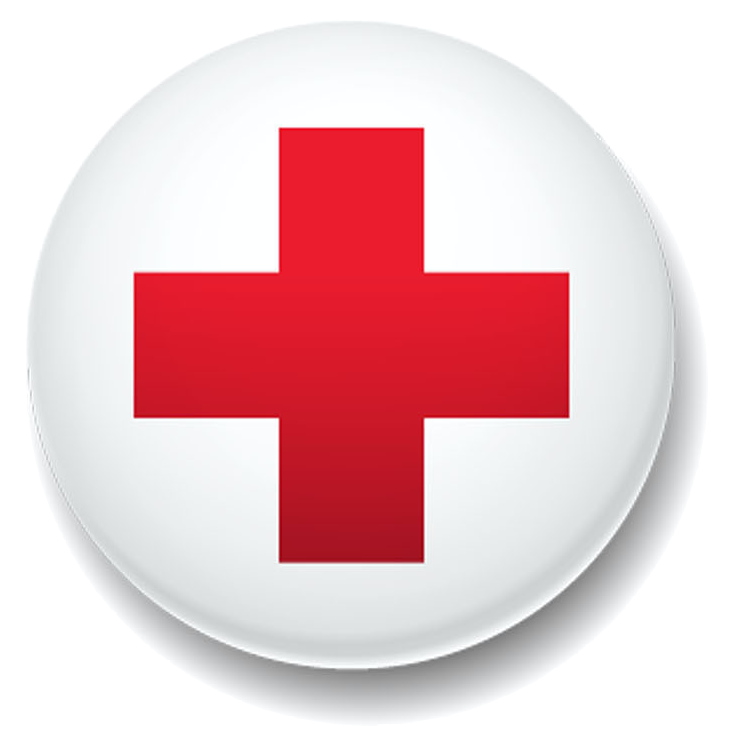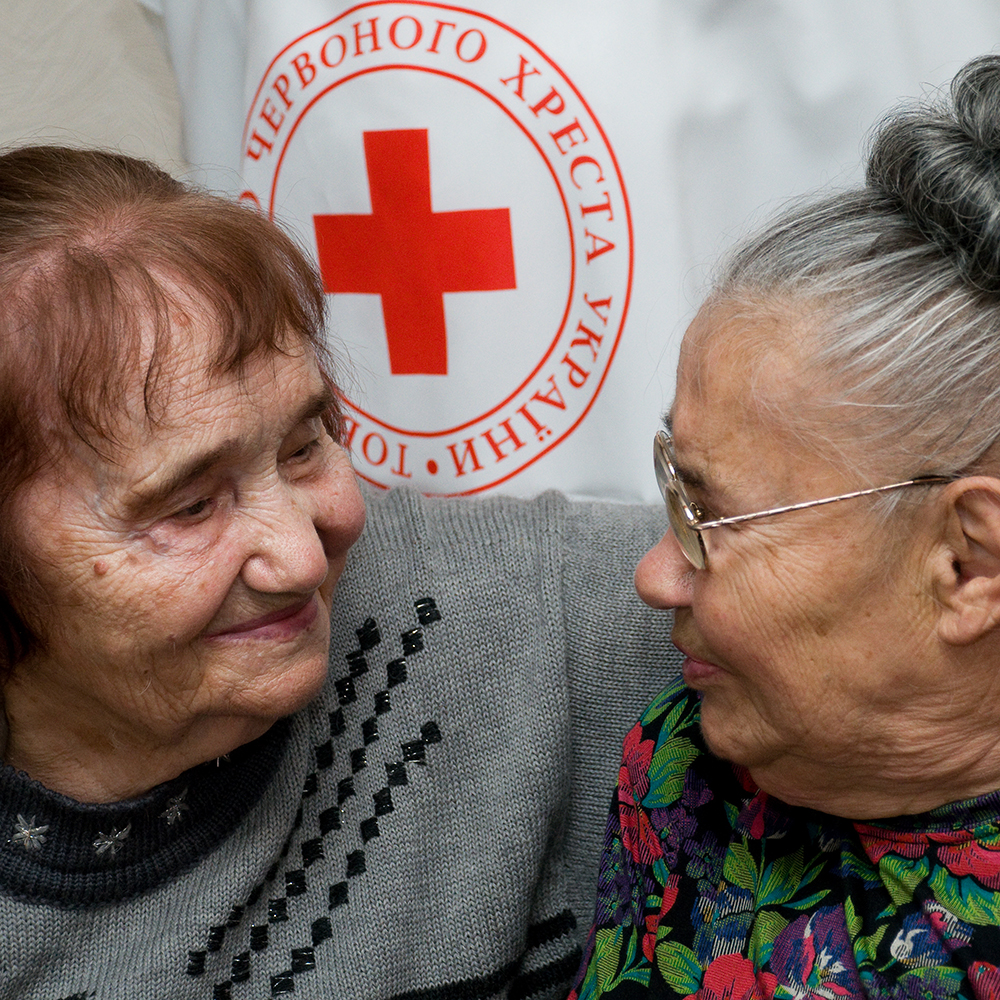It was about 2:48 p.m., six blocks from the finish line, when I knew my years in running cross country had trained me well.
It was at 2:49 p.m. when two bombs exploded in succession, adjacent to the Boylston Street finish line.
It was at 2:50 p.m. when officials, for the first time in the Race’s 117 year history , stopped the Boston Marathon early.
This was not the ending I was anticipating.
The Boston Marathon and Boston Athletic Association which organizes the race have a long history with the Red Cross. Each year, the Red Cross operates 26 first aid stations all along the route, but not at the finish line. The Red Cross brings out 400 volunteers, and the year of the bombing (2013) there were 45 charity runners running to raise money for the Red Cross. I was one of those runners.
I ran to raise money for the Red Cross, and on the last few miles a friend had jumped into the race to support my effort to get to the finish line. I was very close, within 30 seconds of the finish line, when we were stopped by police. I hadn’t heard the two explosions, and I was exhausted and confused. Why were we stopped?
Rumors among the runners started immediately. But, we were all at the edge of endurance. I didn’t have my cell phone. Good Samaritans – neighbors from apartments – came rushing out to invite us in and to help us. I watched the news in horror and was fearful for my 21-year-old son. He was close to the finish line waiting for me.
Friends were frightened for me. I couldn’t reach anyone and was drained from enormous emotion and physical exhaustion. It was the longest 15 minutes of my life. Finally, I contacted someone from the Red Cross, and I found my son.
What followed was the largest disaster response the Red Cross in Boston facilitated, since 1978. I spent the next two weeks non-stop at work, and I learned so much from the experience.
For me, the most important lesson from the experience and the Red Cross’ enormous effort to respond was the knowledge that we had to find a better way of tracking patient location for families. At the time of the marathon bombing, people were frantic and wasting time calling many hospitals for information and help. It became our priority to streamline that process. We reached out to our partners in disaster response to improve collaboration with city and federal agencies and the mechanics of patient tracking in the aftermath of a major disaster.
Our chapter was heavily involved in the collective grieving of the city. We had over 80 mental health workers helping. Our Family Assistance Center, which we established immediately, provided one-stop shopping for victims, families, first responders. We served people and our partners, including the FBI, police, all the state and federal agencies who were involved. The need for case management was our priority.
Our Family Assistance Cen ter was the first one in Massachusetts, aside from responses at Logan Airport which followed the attacks of 9/11.
ter was the first one in Massachusetts, aside from responses at Logan Airport which followed the attacks of 9/11.
While the city was on lock down hunting for the bombers, we ran two big shelters in Watertown, serving hundreds of meals and helping law enforcement active in the pursuit of the perpetrators.
We exemplified the mission of the Red Cross. The two mental health workers who went to help the parents of the MIT officer who was killed remained with those devastated people 24/7 through the funeral of their son.
The Boston recovery period kept me mindful of our mission and of the persistent challenges of the situation. I have a great deal of respect for the community and in the Red Cross and the support offered by our mental health workers.
I’ve never been prouder to work with my extraordinary colleagues, and to be part of the Red Cross family.





